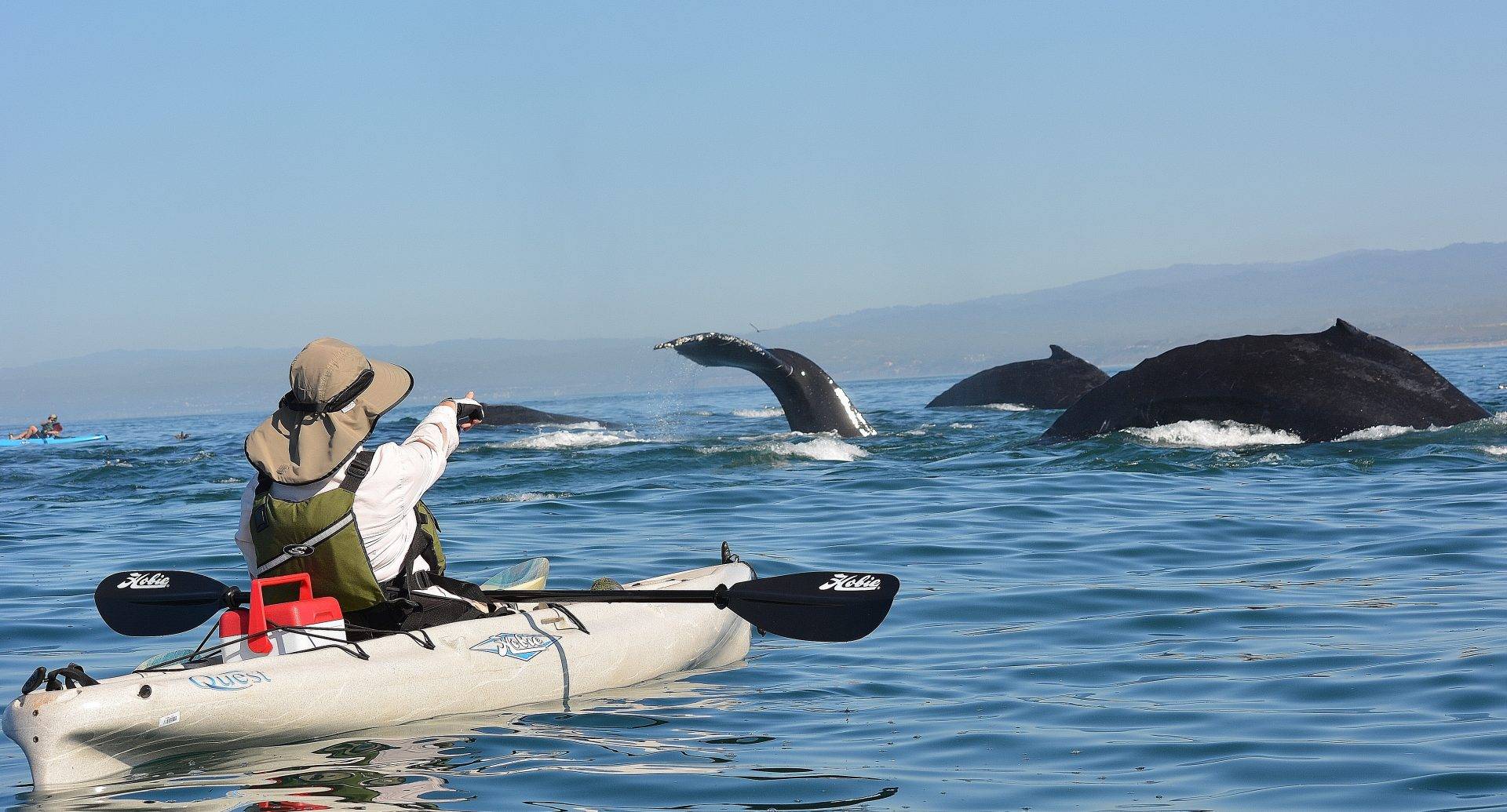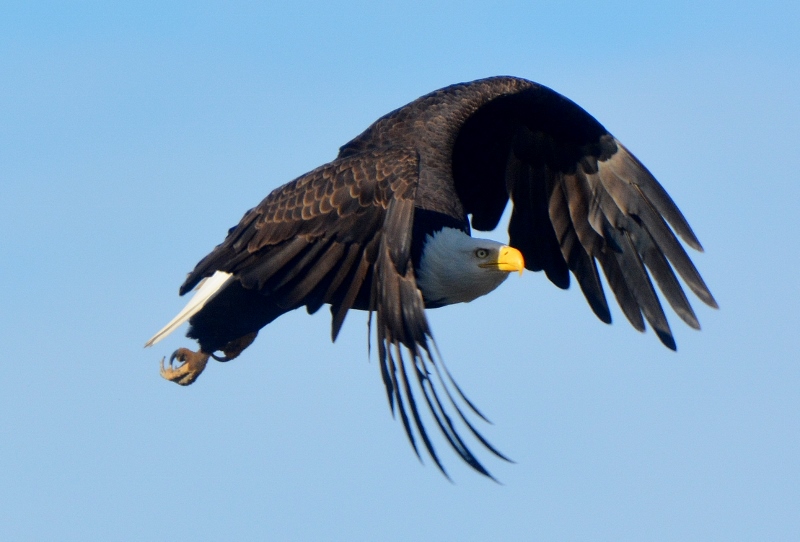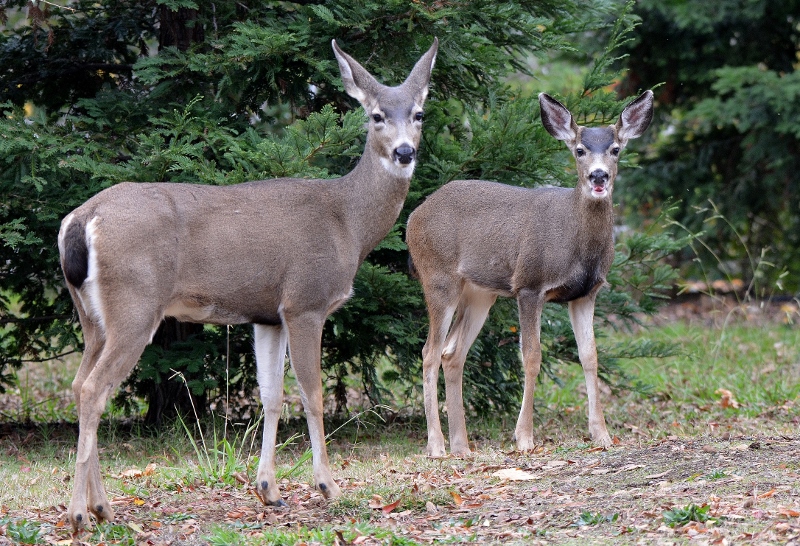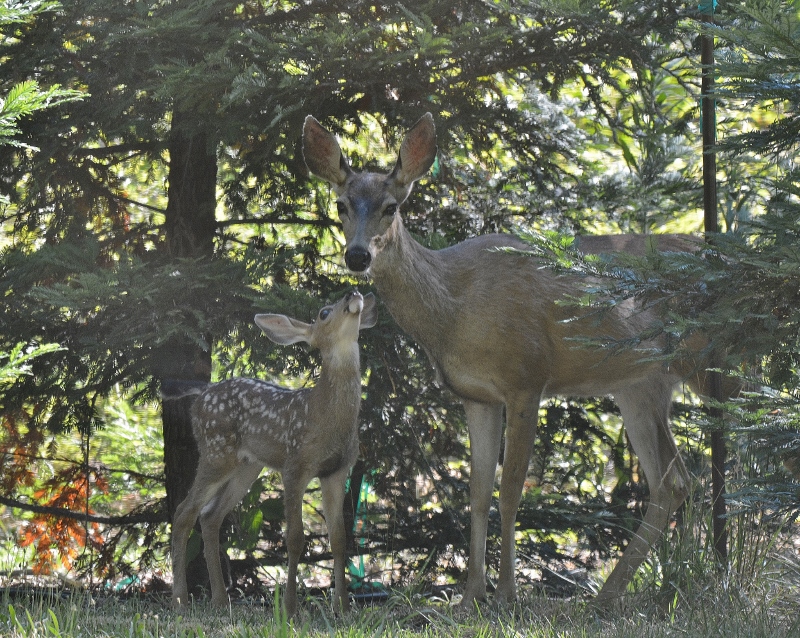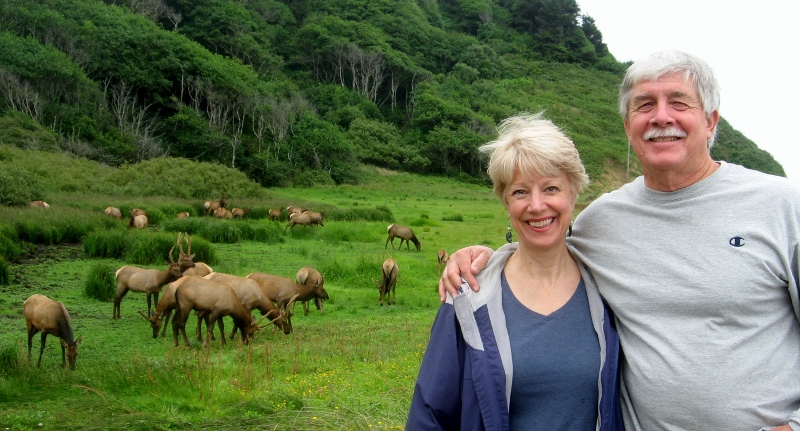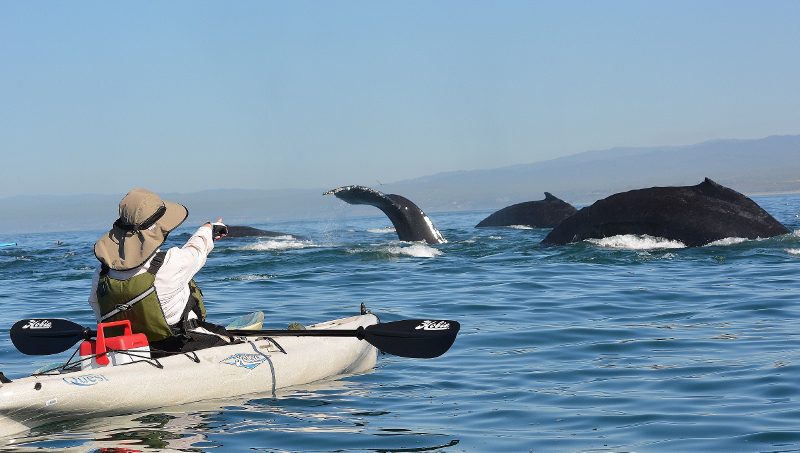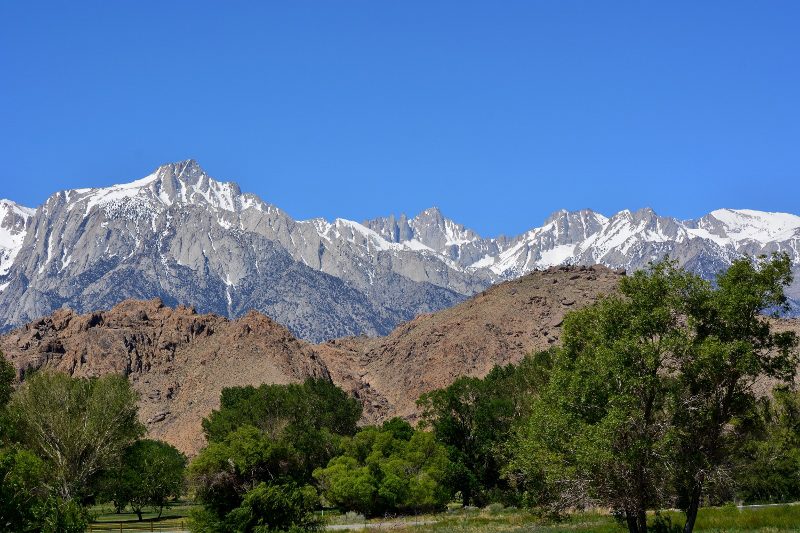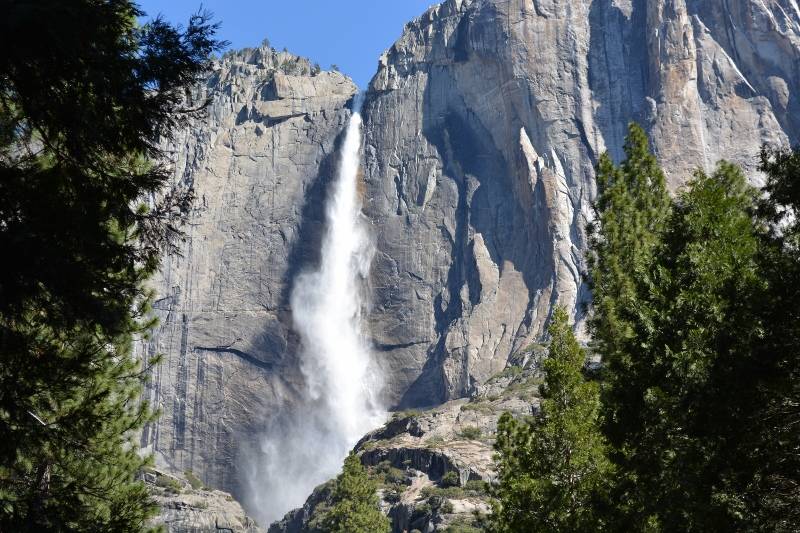On Safari
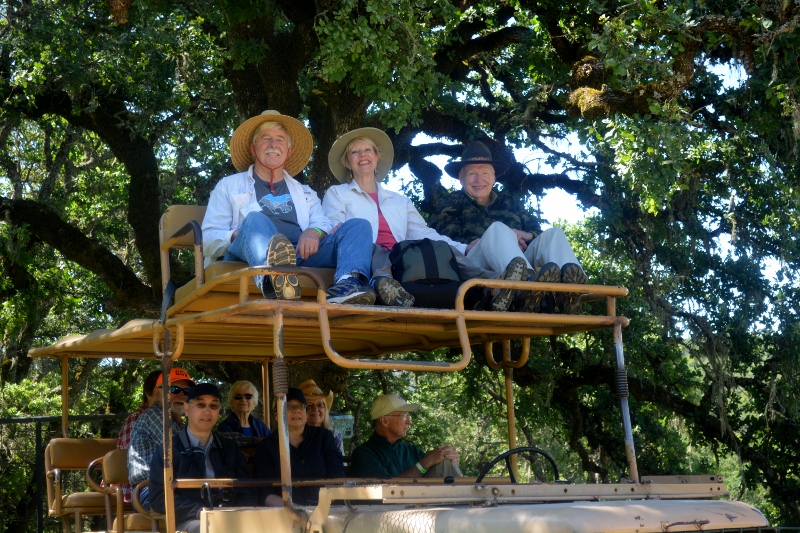

Everyone was excited as we left civilization behind and set out on our Safari West adventure. Photo by Alex Coburn.
With camera in hand, Kathy and I have spent much of the last thirty years enjoying nature and searching for wildlife wherever we could find it. We’ve meandered through mountains, marshes, and meadows in seven states; we’ve trekked across deserts in California, Arizona, and Nevada; we’ve kayaked with great whales in Monterey Bay; and we’ve dived to the depths of the ocean in California, Hawaii, Key Largo, and the Caribbean. One place we’ve never gone in search of wildlife is Africa.


